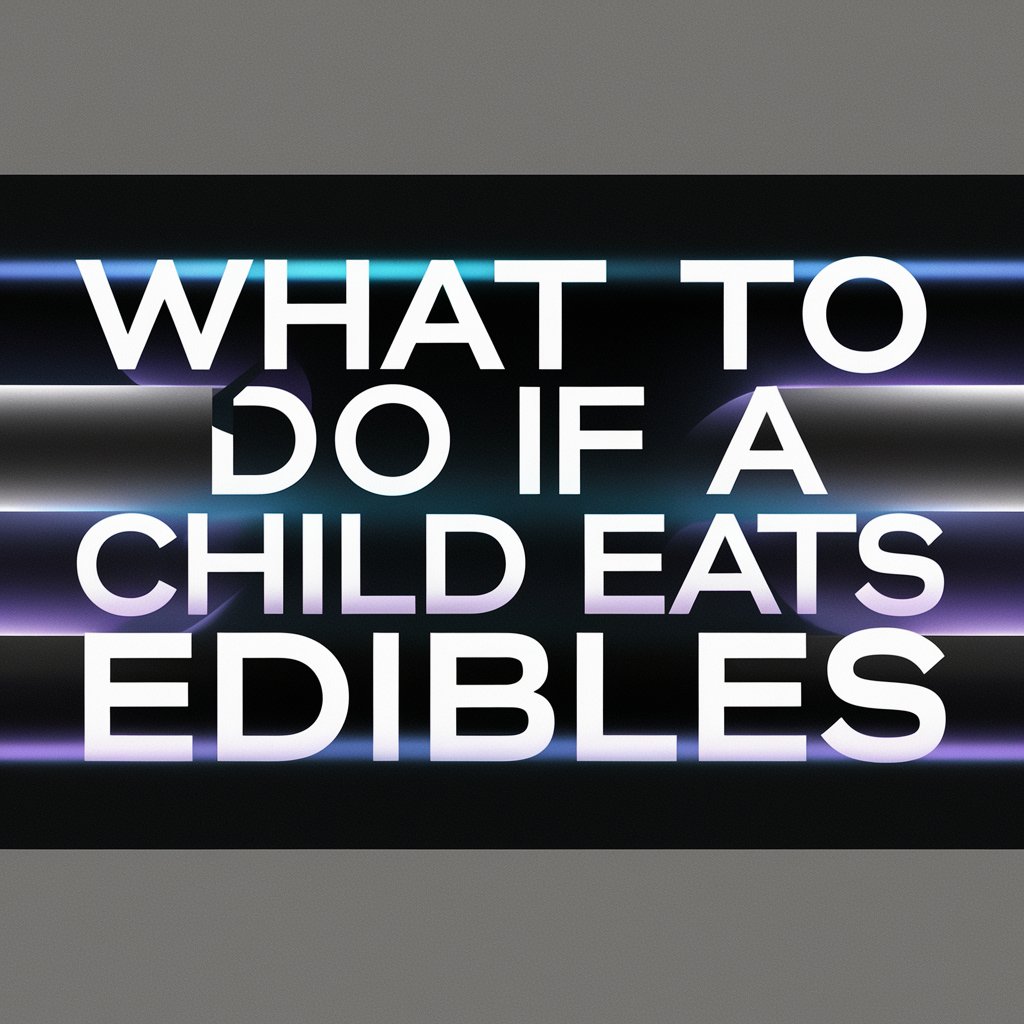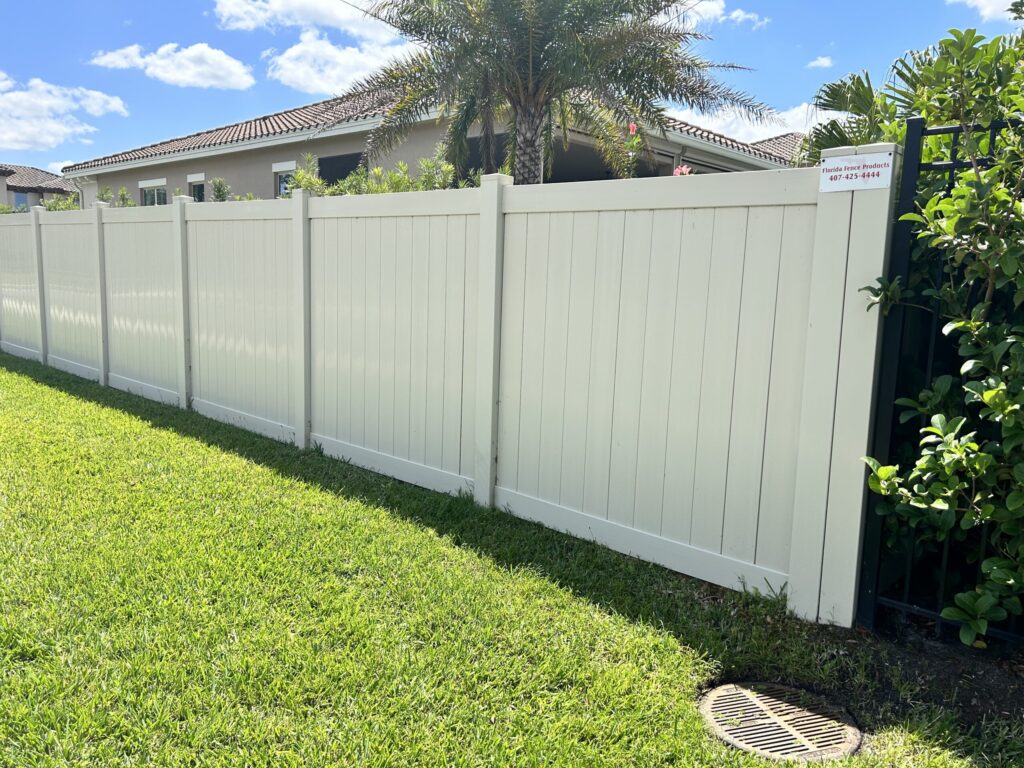Some edible cannabis products may look almost exactly like their non-THC-infused counterparts. As such, stories of friends and family members inadvertently ingesting cannabis edibles—including children—have been around for as long as there have been edible cannabis products. If your child has a medical condition that you believe can be resolved with marijuana, you should speak with a marijuana doctor before giving them medical marijuana because it can be harmful to their health.
In order to prevent edibles infused with cannabis from being visually appealing to minors, several states have implemented regulations regarding their packaging and shape. Kids, however, frequently find it appealing to stow away in their parents’ “secret stash.”
The number of parents who own cannabis edibles at home that mimic enticing conventional candies and baked goods is rising along with access to cannabis for both medical and recreational purposes. Key findings about children and edibles were elucidated by a study that was published in the journal Pediatrics:
- From 2017 to 2021, 7,043 instances of young children (under six years old) ingesting cannabis products were recorded with the National Poison Data System.
- In 90.7% of cases, the exposures took place in the kids’ own houses.
- Hospital visits were necessary in 22.7% of cases.
- Over the course of the five-year study period, no deaths were reported.
Although it’s comforting to know that children who inadvertently consumed marijuana products did not die, some of them did show severe symptoms. To mention a few, 1.6% had seizures, 3.1% had respiratory depression, and nearly 10% had vomiting.
According to the study, young children are more susceptible to increased toxicity from tetrahydrocannabinol (THC) due to their smaller weight, especially since they may ingest more than one serving or dose that an adult would normally take.
Given these results, it is imperative to know what to do in the event that a child inadvertently consumes edible products, regardless of whether you are a caregiver for young children or have a close relationship with a parent who uses cannabis.
What to Do if Your Child Consumes an Edible
Edible cannabis products have a long history of imitating the common candy and baked goods that many of us, especially children, love, from chocolate bars and cookies to gummy bears and brownies.
It makes sense that edible cannabis products have grown in popularity recently given that marijuana is now legal for recreational use in 21 states and Washington, D.C., and 37 states have medical marijuana programs in place.
What should you do, then, if they end up in the wrong hands?
First, it’s useful to ascertain the child’s possible intake of THC, the main active component in cannabis. The most appropriate course of treatment could be determined with the aid of that information by medical professionals or poison control centers.
However, some medical professionals advise parents to take their children to a doctor right away, regardless of the dosage taken. 2,550 of the 7,043 cases that the National Poison Data System monitored between 2017 and 2021 were handled or assessed by an emergency room.
Just over 13% of cases showed no clinical effects, over half (53.3%) showed mild to moderate effects, and 2.2% showed significant effects that might have required more intensive care. Among the almost 5,000 cases with known outcomes, the following five types of therapy were most frequently used:
- Intravenous fluids (20.7%)
- Dilution/irrigation/washing (10.9%)
- Food/snacks (10.3%)
- Oxygen (4.0%)
- Benzodiazepines (2.2%)
Patients were occasionally given noninvasive ventilation or ventilators (0.7% and 0.1% of cases, respectively).
What Happens If a Child Consumes Edibles?
Cannabis edibles’ cannabinoids interact with the body’s endocannabinoid system (ECS) in a way that affects kids in a similar way to how they affect adults. Children, on the other hand, are more susceptible to psychoactive cannabinoids like THC. Since the ECS plays a role in brain development, frequent and high dose consumption of these cannabinoids may be harmful to children.
Most healthy children are unlikely to be harmed by a single, low-dose THC exposure. Non-intoxicating cannabinoids, such as CBD, CBG, and CBC, have also been used to treat childhood epilepsy, cancer, ADHD, and autism in small, calculated doses. In fact, THC can be used in place of stronger prescription painkillers for children with serious diseases when dosed appropriately and monitored.
If a child inadvertently consumes edible goods, parents should use caution and think about calling poison centers or taking them to the ER, just like they would with any other medication.
Is It Safe to Give Edibles to Kids?
All states prohibit the recreational use of marijuana by anyone under the age of 21, and most states also make it illegal to give drugs to your child, with some even going so far as to make it a felony if certain requirements are met.
Consequently, edible cannabis products can only be lawfully administered to minors in accordance with the regulations and policies of each state’s medical cannabis program.
Spend some time studying and comprehending the medical cannabis laws in your state, particularly those pertaining to the issuance of medical cards to minor patients and their use of marijuana. You might be able to get your child certified online with an MMJ doctor if you think they would benefit from medical cannabis and your state permits minors to apply for a medical cannabis card. Patients under the age of 18 will require a caregiver in order to apply for a medical marijuana card.
How to Safely Store Cannabis Away from Kids
Although some states mandate that cannabis products be sold in packaging that is child-resistant, there are other precautions you should take to keep cannabis products out of the hands of young children.
Keep edibles and other cannabis products out of young children’s sight and reach. Store them ideally in locked containers that can only be opened with a code or key. Furthermore, avoid eating edibles in the presence of children.
If your child is under the age of 18 and has medical conditions that can be treated with marijuana, you should speak with a marijuana doctor, obtain a medical marijuana card for yourself as your child’s caregiver, and then give your child medical marijuana to treat their conditions.
These simple actions can help prevent unintentional calls to poison control centers and the accidental ingestion of cannabis edibles.




